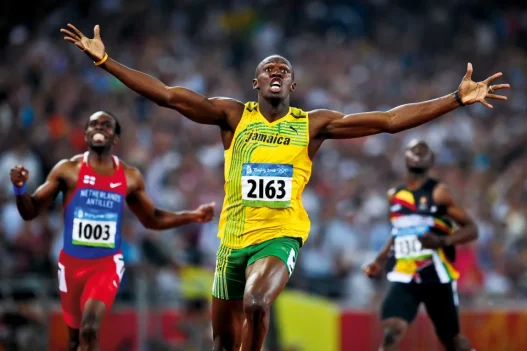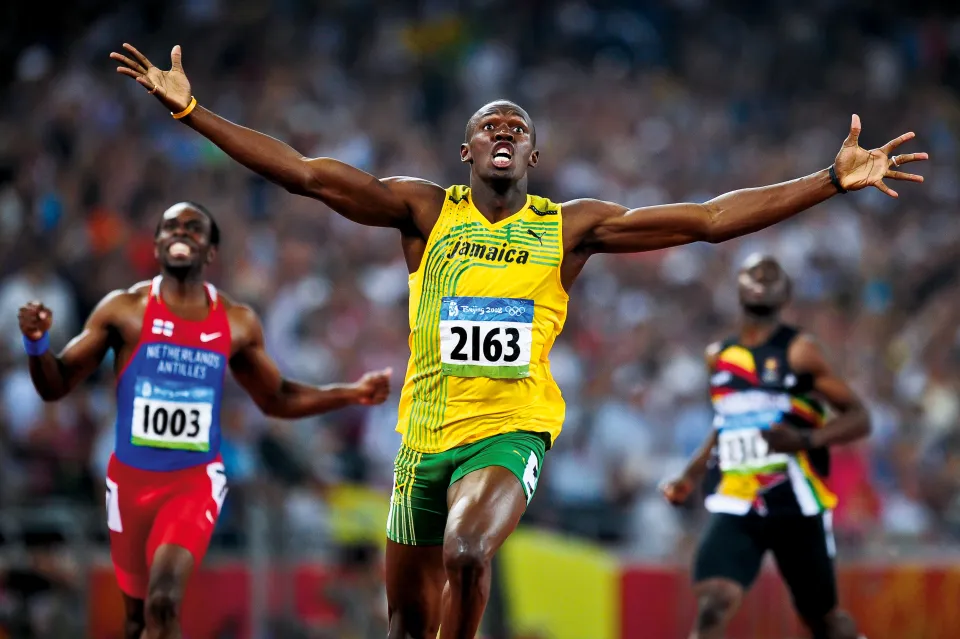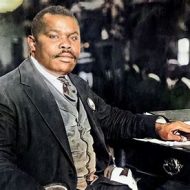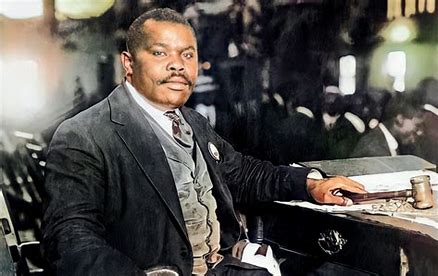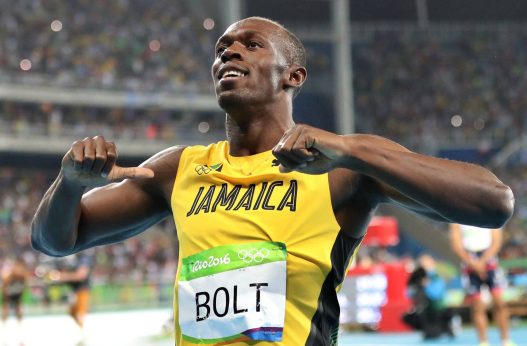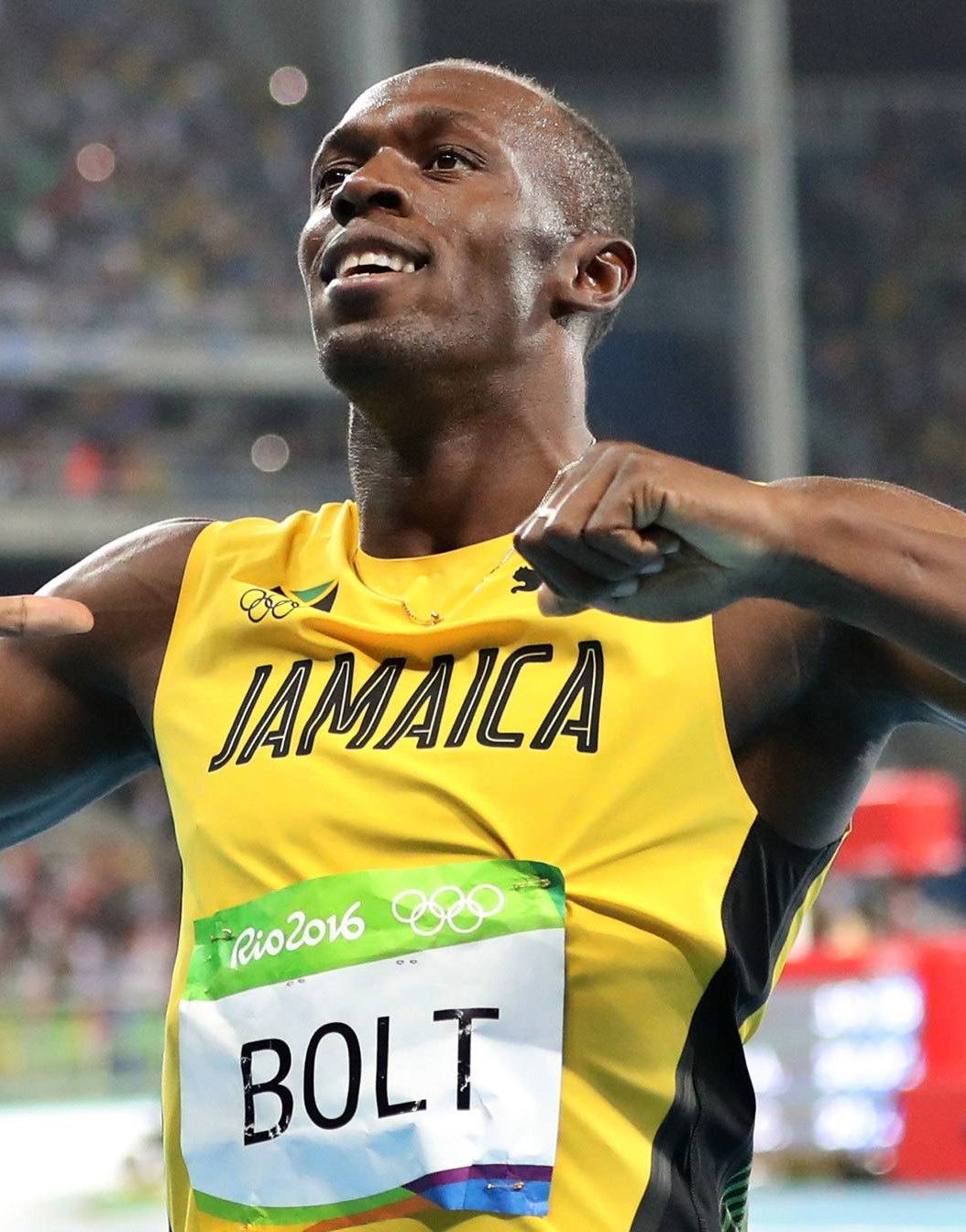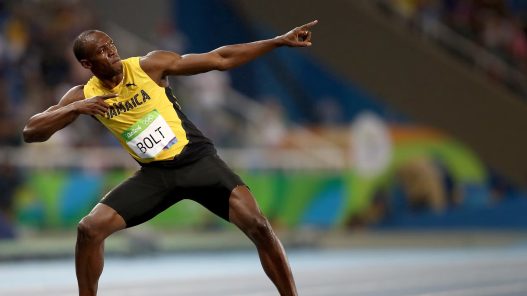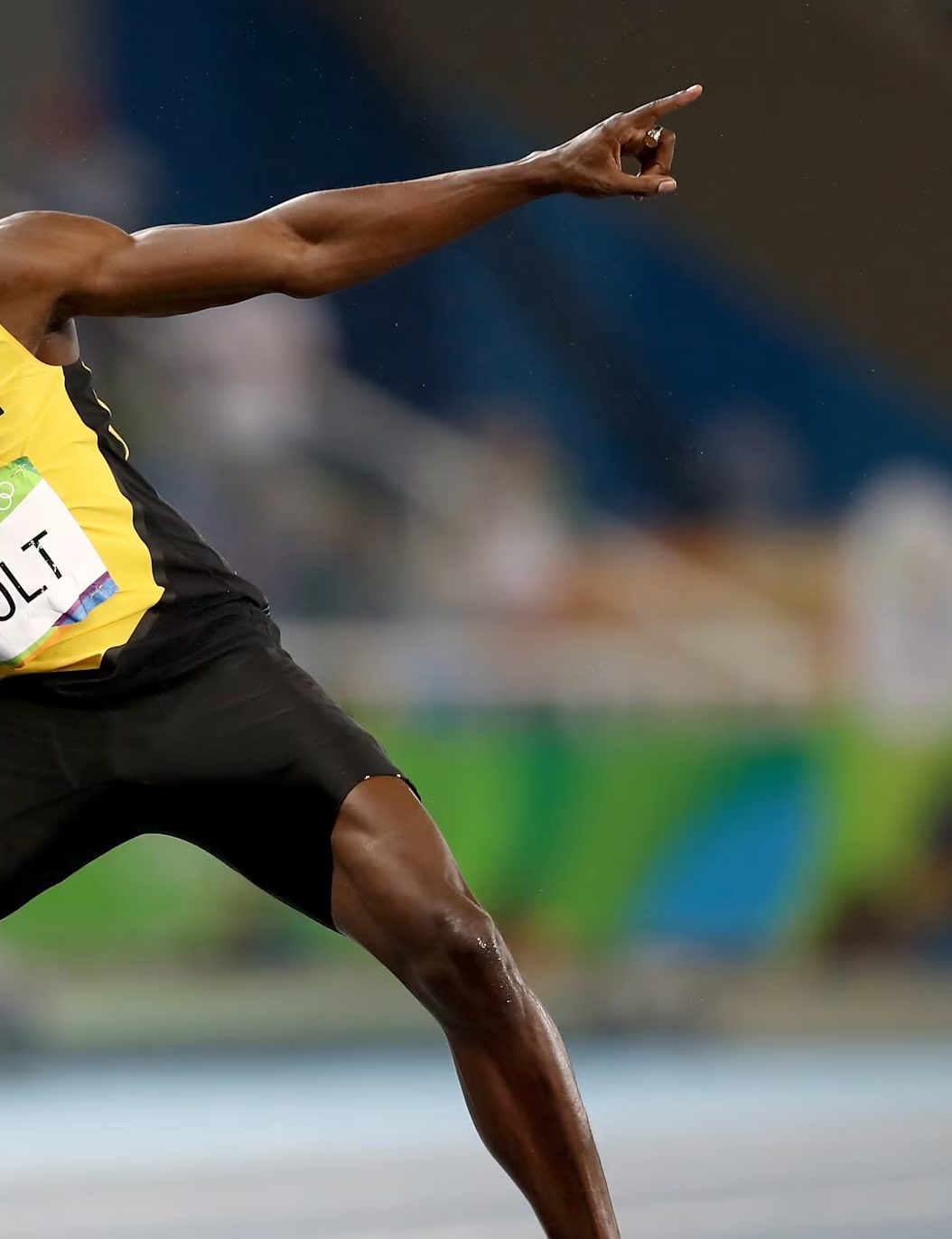August 16, 2008, marked a pivotal day in Olympic history, as a young Jamaican sprinter named Usain Bolt etched his name into the annals of sporting legends at the Beijing Olympics. It was on this day that Bolt, then just 21 years old, delivered a performance in the men’s 100m final that would not only shatter records but also announce his arrival as a global phenomenon.
Bolt’s journey to this moment wasn’t entirely smooth. Despite showing immense promise from a young age, including becoming the youngest-ever gold medalist at the World Junior Championships in 2002, his first Olympic appearance in Athens 2004 was hampered by a leg injury, resulting in elimination in the semi-finals. However, the intervening four years saw a transformation. Under the guidance of coach Glen Mills, Bolt honed his technique, embraced the 100m sprint despite initial coaching skepticism about his height, and began to put in the “serious gym work” and diet regime required to fill out his imposing frame.
The results were immediate and impactful. In 2008, Bolt dipped under the 10-second mark for the first time and then defeated world record holder Tyson Gay in New York, setting a new world record of 9.72 seconds. This set the stage for Beijing, where expectations were high. However, the world wasn’t quite prepared for the spectacle that unfolded on August 16th.
In the 100m final, Bolt showcased his unique blend of athleticism and showmanship. Despite a good start from the rest of the field, Bolt’s immense stride length and powerful acceleration quickly saw him pull away. Remarkably, according to The New York Times, Bolt began celebrating and thumping his chest with 20 meters left in the race. He crossed the finish line in a stunning 9.69 seconds, not only clinching the gold medal but also setting a new world and Olympic record. This was achieved despite an untied shoelace and his mid-race celebration, which, according to Olympics.com, led some to speculate he could have run even faster.
Bolt’s iconic celebration, though criticized by some at the time, became synonymous with his personality and performance. It was a moment that transcended the sport, solidifying his image as the “fastest man alive” and a true superstar.
This was just the beginning of Bolt’s dominance in Beijing. He went on to win gold in the men’s 200m final, smashing Michael Johnson’s long-standing world record with a time of 19.30 seconds. He also anchored the Jamaican 4x100m relay team to another world record, completing a spectacular triple gold medal haul at the Games. (Note: The 4x100m relay gold was later stripped due to a teammate’s doping violation).
Bolt’s Beijing performances were a confluence of natural talent, rigorous training, and a captivating personality. His victories, achieved with seemingly effortless grace and a celebratory flourish, captivated audiences worldwide. He redefined sprinting and became a global icon, whose impact on the sport and beyond is still celebrated today. Beijing 2008 was indeed the stage where Usain Bolt became the legend we know today.









